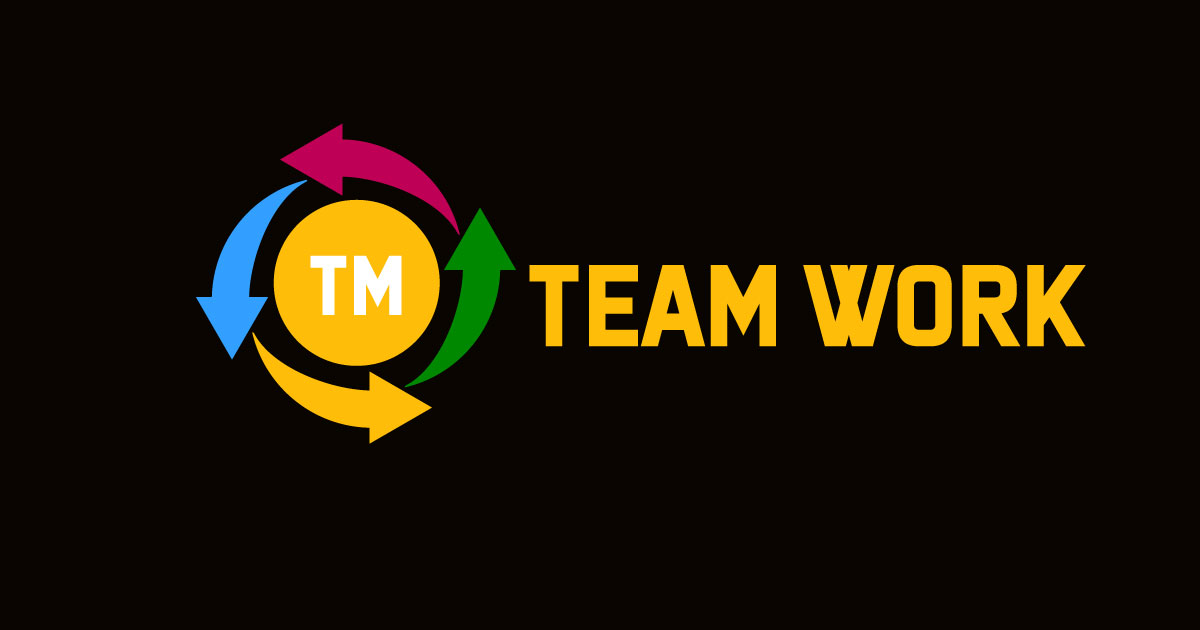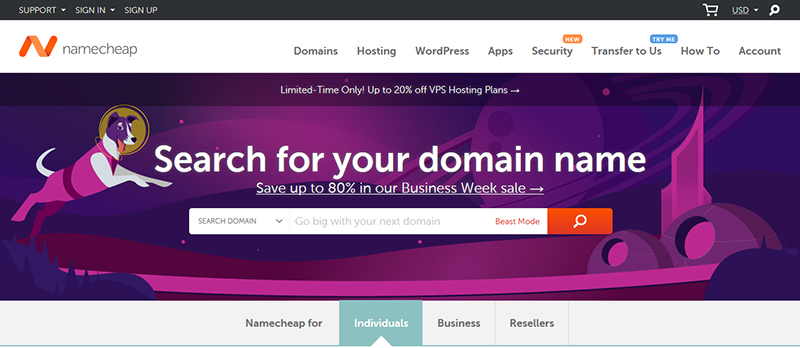
Choosing the Best Web Hosting Company
Choosing the Best Web Hosting Company Choosing the right web hosting company is crucial for any website, whether it’s a personal blog, an e-commerce store, or a large enterprise application. The wrong choice can lead to slow loading times, frequent downtime, security vulnerabilities, and ultimately, a negative user experience.
Key Factors to Consider Uptime and Reliability
Server uptime: Look for companies that guarantee high uptime (typically 99.9% or higher). This ensures your website is accessible to visitors most of the time. Data centers: Choose a provider with multiple, geographically diverse data centers to minimize the impact of local outages. Redundancy: Ensure the provider has redundant power and cooling systems to prevent unexpected downtime.
Performance and Speed:
Server location: Choose a server location close to your target audience to minimize latency. Server hardware: Look for powerful servers with ample RAM and processing power to handle traffic spikes. Content Delivery Network (CDN): Consider a provider that offers CDN integration to cache your website’s content on servers around the world, improving load times for visitors in different locations. Solid State Drives (SSDs): Opt for SSD storage for faster website loading speeds compared to traditional hard drives.
Security:
Data security: Choose a provider with robust security measures, such as firewalls, intrusion detection systems, and regular security audits. SSL certificates: Ensure the provider offers free or affordable SSL certificates to encrypt data transmitted between your website and visitors’ browsers. Regular backups: Look for automated backup options to protect your website data from accidental deletion, malware attacks, or hardware failures.
Scalability and Support:
Scalability: Choose a provider that allows you to easily scale your hosting plan as your website traffic and resource needs grow. Customer support: Look for 24/7/365 customer support with multiple channels (live chat, phone, email) and knowledgeable support staff. Ease of use: Consider the control panel (e.g., cPanel, Plesk) and its user-friendliness.
Pricing and Plans:
Budget: Determine your budget and compare prices across different providers. Plan features: Carefully review the features included in each hosting plan (e.g., storage space, bandwidth, number of domains, email accounts). Money-back guarantee: Look for a provider that offers a money-back guarantee to allow you to test their services risk-free.
Popular Hosting Types:
Shared Hosting: Suitable for small websites and blogs with low traffic. Multiple websites share resources on a single server. VPS Hosting: Offers more resources and control than shared hosting. Each user gets a virtualized portion of a server. Dedicated Hosting: Provides complete control over a physical server. Ideal for high-traffic websites and demanding applications. Cloud Hosting: Highly scalable and flexible. Resources are dynamically allocated based on demand. WordPress Hosting: Specifically optimized for WordPress websites, offering features like automatic updates, security enhancements, and performance optimizations.
Choosing the Right Provider:
Research and compare: Research different providers, read reviews from other users, and compare their features, pricing, and customer support. Consider your needs: Assess your website’s specific needs (traffic, resources, budget, technical expertise) to determine the best hosting type and plan. Test the provider: Consider using a free trial or a money-back guarantee to test the provider’s services before committing to a long-term contract.
By carefully considering these factors and conducting thorough research, you can choose the best web hosting company for your specific needs and ensure a reliable, high-performing, and secure online presence. Disclaimer: This article provides general information and should not be considered financial or professional advice.
I hope this article helps! Let me know if you have any other questions.















